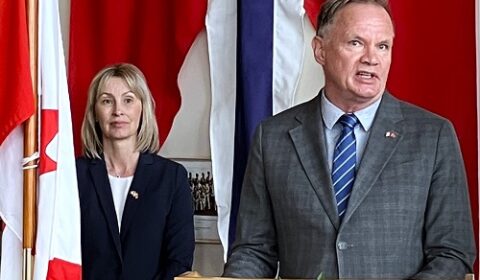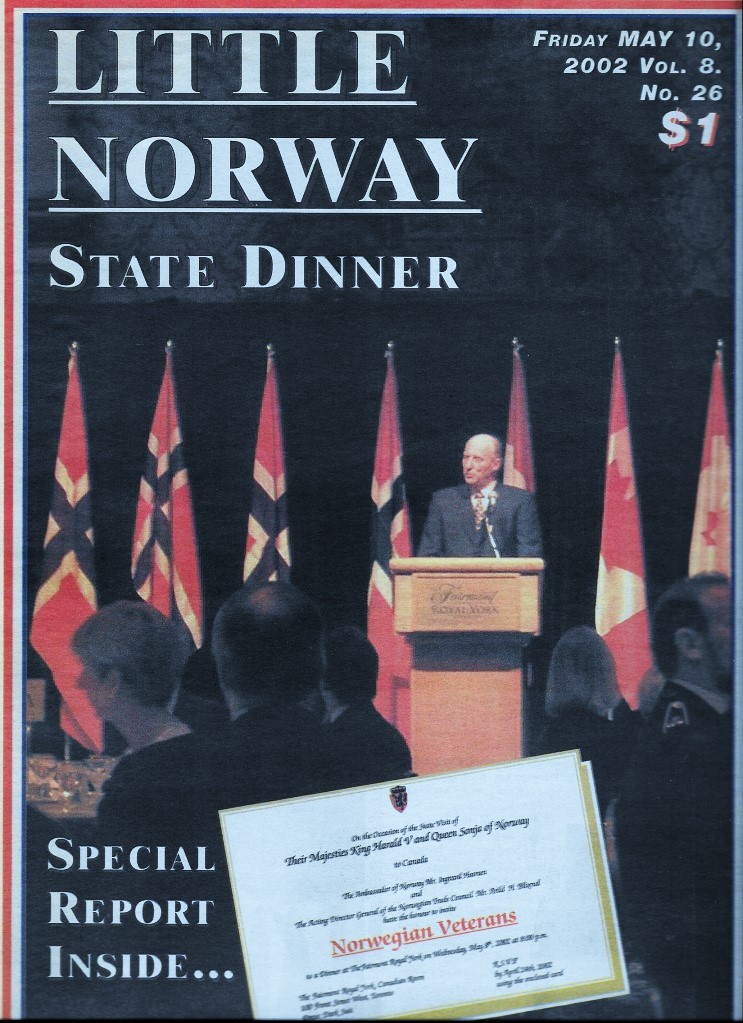‘RUSSIA’S ATTACK ON UKRAINE WAKE-UP CALL FOR US,’ SAYS NORWEGIAN DIPLOMAT
Mark Clairmont | MuskokaTODAY.com
GRAVENHURST — Norwegians know what it’s like to live next to a super power.
Like Canadians they share a border, which before Putin and Trump was more open secure and sovereign.
Monday at the Muskoka Airport to celebrate the 80th anniversary of the liberation of Norway and other countries in Europe after WWII — and the efforts of pilots trained here at “Little Norway” — Jon-Age Oyslebo, Norway’s Deputy Ambassador to Canada, paid tribute to his countrymen and their wartime relationship with Muskoka.
“The importance for Norway of what happened here can not be exaggerated. Not only in concrete terms as a contribution to the war effort. But also as a symbol of the strong bonds between Norway and Canada.”
May 8 — VE-Day (Victory in Europe) — the Scandinavian country of five million joins the Western world to “never forget.”
Said Oyslebo: “Most of my life I have believed that we would never see war in Europe again. Unfortunately, that was a naïve belief.
“Russia’s attack on the Ukraine has been a wake-up call for us all.
“Russia is Norway’s neighbour. We share a common border of 196 km up north. When a neighbour invades another of its neighbours to fight a ruthless war with countless civilian casualties, you should be concerned.
“That is why Norway will continue to support the Ukraine in its fight against the Russian occupiers….”
“With the world in turmoil, Norway and Canada are seeking to further strengthen our bilateral relationship — politically, economically and militarily.”
He was joined by Toronto Consul General Marianne Koritzinsky and Air Attaché and Assistant Defence Attaché Atle Braaten, who is stationed in Washington, D.C.
See the full remarks delivered by deputy ambassador below.
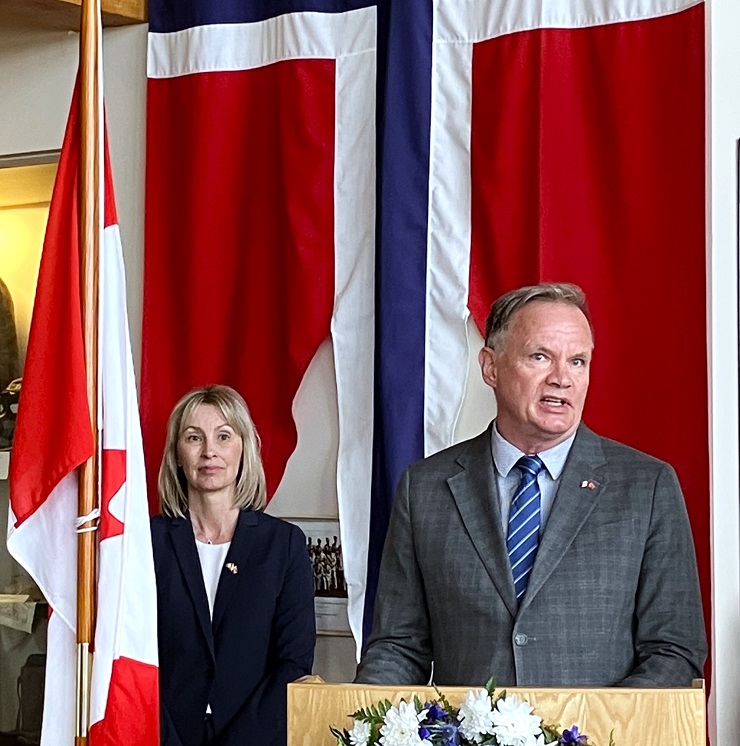
Elaborating further after in an interview with MuskokaTODAY.com, Oyslebo — a career diplomat who’s held ambassadorial posts in the Congo with four other African countries — reiterated some speech remarks while expanding on about current geo-political conditions and Norway’s plan to double it military budget.
“Norway is fully behind Ukraine because we see it not only as a war on Ukraine, but on the democratic values we share and that Canada shares. We talk about democracy all the time because we believe in it.”
Asked if Norwegians have felt past or presently threatened by Russia, as Canadians do now from the U.S., he replied: “Yes, but we never really concerned.
“And we are not concerned today either that they are going to attack us. But we are concerned that they are undermining the foundation of societies as we know them in Europe. Including our own. We are concerned about hybrid attacks — hacking. We are concerned about GPS signals being jammed up north close to the border. Our civilian aircraft may lose their guidance system.”
And he said his country is “concerned about Russia’s interest in strategic industries.”
He cited an instance “a few years ago where they nearly bought a former submarine station on the western coast in Norway, which had been demilitarized. But the location was such you could monitor everything including sailing into Bergen the second biggest city. And that the sale was stopped.”
Oyslebo said “We were working with the Russians for so long — since the early ’90s. Building a relationship of trust.”
Until the Soviet Union collapsed in late 1991.
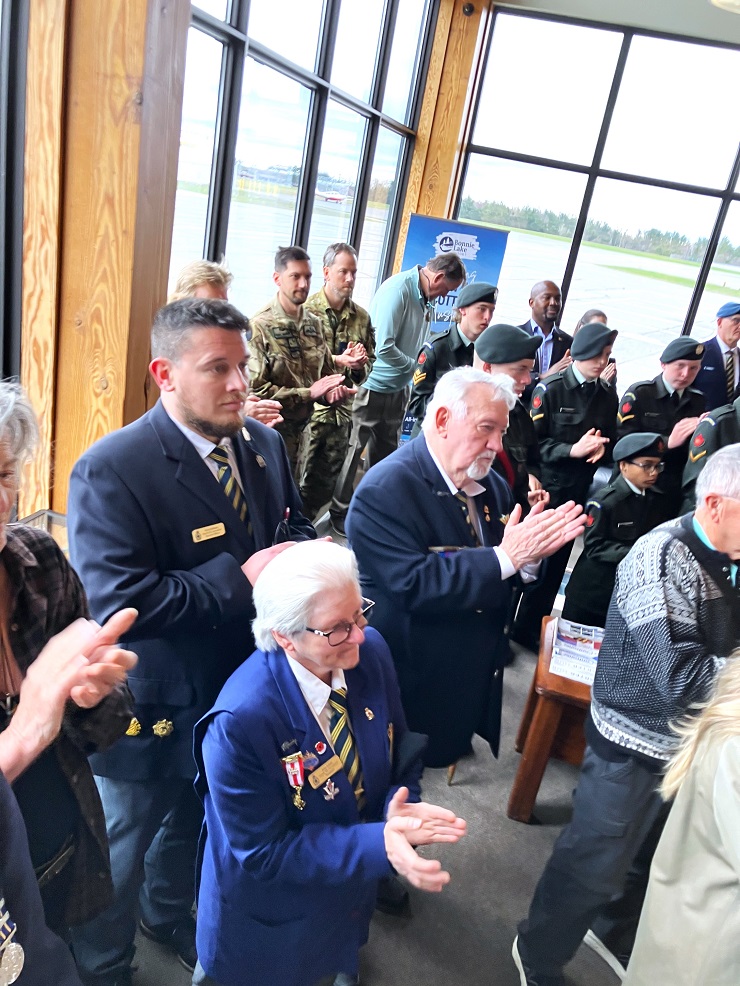
“We built up a network of connections,” he said. “Civilian — even military NATO partnership program. Businesses. All sorts of businesses, tourists, both ways. New relationships, marriages across the border.”
But in the late 1990s when Vladimir Putin took over Russia bilateral relations changed.
Then came the invasion of eastern Ukraine in 2014 and the occupation of Crimea.
“It started in 2009. The slide in Russia against any democratic institution, against all human rights defenders, against the media increased.”
While he couldn’t wade in to Canada’s tariff dispute with Donald Trump, “What I can say is the U.S. is our most important ally. Our Prime Minister (Jonas Gahr Store) was at the White House just 10 days ago. He got the message across what we think about Russian is doing in the Ukraine. What we think about the importance of democratic foundation in Europe. About the importance of open trade. And he got a Norwegian perspective across.
“And he came out of the meeting as good friends — the prime minister and president.”
Oyslebo continued.
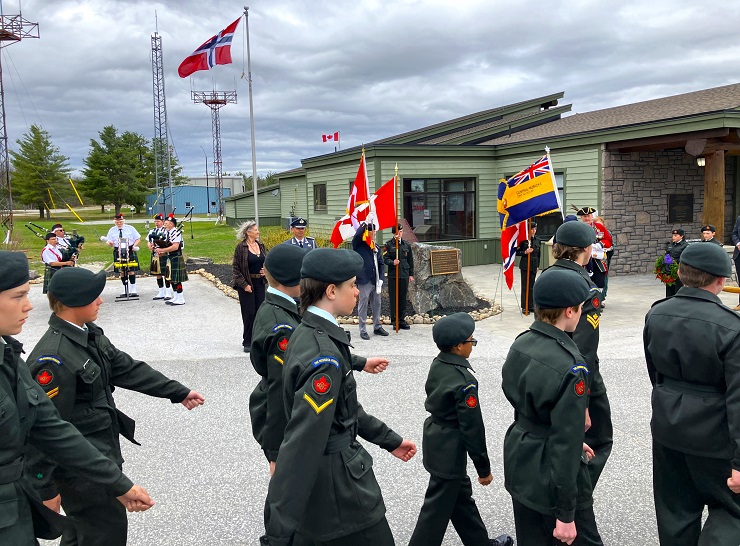
“We know the U.S. is super important for us. Norway is also important for the U.S. and the rest of the NATO alliance. Why? Because of location.
“Russia has four accesses to ice-free waters. One in the Far East next to Japan. So that’s another theatre. Another one is the Baltic Sea encircled by NATO countries. They have to go out between Sweden and Denmark, a passage that’s 5 kms long and observed everywhere. The third is the Black Sea. They have to pass through Bosphorous, Istanbul and Turkey. Turkey is NATO both sides.
“And the fourth one is around the top of Norway — it’s Mudahmunsk — ice free year-round, 200 kms from the Norwegian border.
“But we are there. We are there under water. We are up in the air. We are on land.
“And the Americans know. We like to say we are the ears and eyes of NATO in the north. We are NATO in the north.”
In his remarks inside the terminal in addition to saying “the number of draftees to our Armed Forces will now be increased by 50 per cent,” Oyslebo said Norway will double its military spending budget.
“We are now at more than 2 per cent (of GDP). We are aiming for 3 per cent. But in real terms. In money it’s double. But you can’t say the double of 2 per cent is 4 per cent. No! Right?
“In kroners we are doubling it over — I think it’s five years — so that in five years it may be 3 per cent. But the amount is twice as much.”
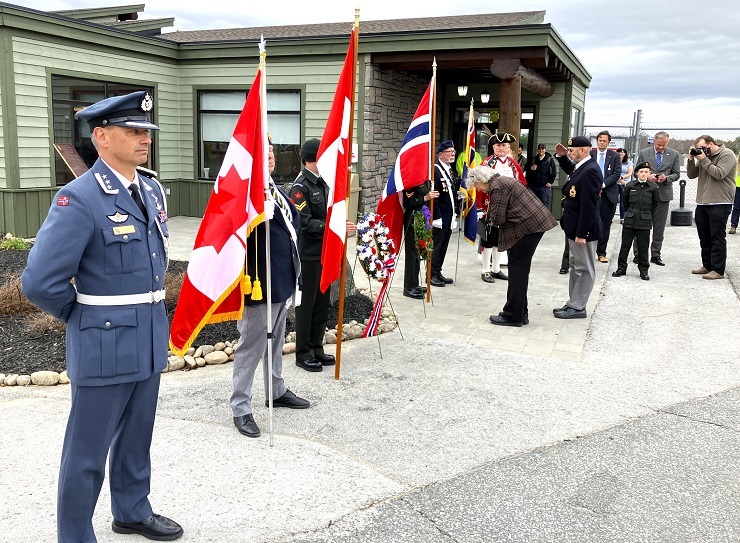
Norway was one of the first countries to fall under Hitler’s rule — April 9, 1940.
“The reason Hitler occupied Norway to control the North Sea. He called it ‘Fortress Norway.’ Because without it allied supply ships could operate freely between the Soviet Union — as an ally — and the U.K. and America. So he needed to make sure to take Norway before the Brits did it. Britain would have done it and they would have been welcome. But he took it first.”
Today the two Arctic nations — Norway and Canada — find themselves contending with similar existential threats from super power neighbours and former strong allies over democracy and human rights.
As such Oyslebo stressed the importance of commemoration events like the Muskoka memorial that keeps alive co-operation dating back to 1940.
“Our countries have much in common. We are both long-term NATO allies.
“We threaten no one, but we both have legitimate security interests that we are committed to protecting.”
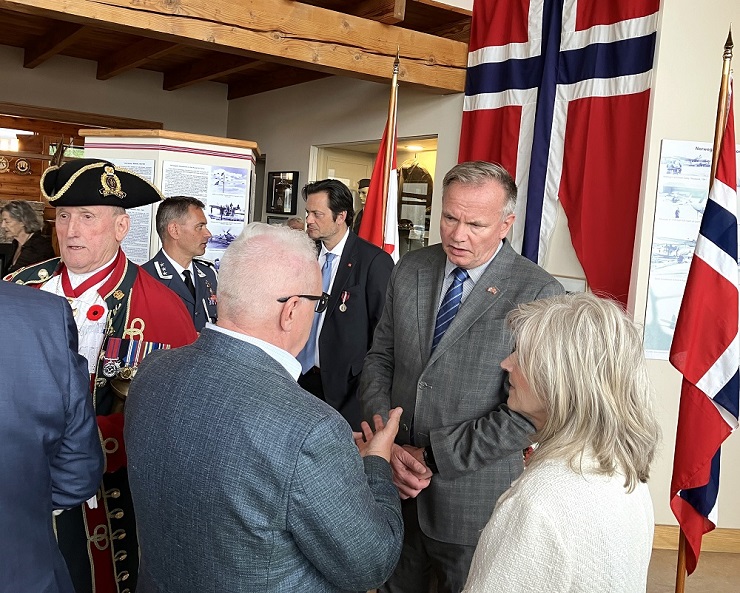
Norwegian Deputy Ambassador Jon-Oyslebo
Remarks delivered at Muskoka Airport Monday
“It’s an honour to visit the Little Norway Memorial here at Muskoka Airport.
This month we celebrate the 80th anniversary of the liberation of Norway and other countries in Europe after WWII.
I can literally feel the presence of all the young men – and the few young women – who either trained here during the critical years of WWII, or who provided logistical support in order for the training programmes to be successful.
I am grateful to the individuals and institutions who have since contributed to keep the memories alive. Many of you are here today.
The importance for Norway of what happened here can not be exaggerated. Not only in concrete terms as a contribution to the war effort. But also as a symbol of the strong bonds between Norway and Canada.
I believe it is safe to say that an important part of the foundations for the current close relationship between our two countries were forged here in Muskoka, following the early training that took place at Toronto Island Airport.

As we celebrate the anniversary of the end of WWII, we treasure our freedom that we for decades have taken for granted.
Most of my life I have believed that we would never see war in Europe again. Unfortunately, that was a naïve belief.
Russia’s attack on the Ukraine has been a wake-up call for us all.
Russia is Norway’s neighbour. We share a common border of 196 km up north. When a neighbour invades another of its neighbours to fight a ruthless war with countless civilian casualties, you should be concerned.
That is why Norway will continue to support the Ukraine in its fight against the Russian occupiers.
That is why the Norwegian government, with unanimous support in Parliament, is planning to double its defence spending over the next few years.
That is why the number of draftees to our Armed Forces will now be increased by 50%.
And that is why the Norwegian government is in the process of reinforcing civilian emergency preparedness against a wide range of threats – including hybrid warfare. We see that digital attacks, disinformation, disruptions of supply chains, and covert investments in strategic industries are among the challenges we now face.
We do not want Russia, or any other country, to undermine the foundational security landscape in Europe, to undermine the institutional structures that have served us well since WWII, or to undermine the democratic values on which we base our society.
We do not want the efforts and the sacrifices of those who fought during WWII to be in vain.
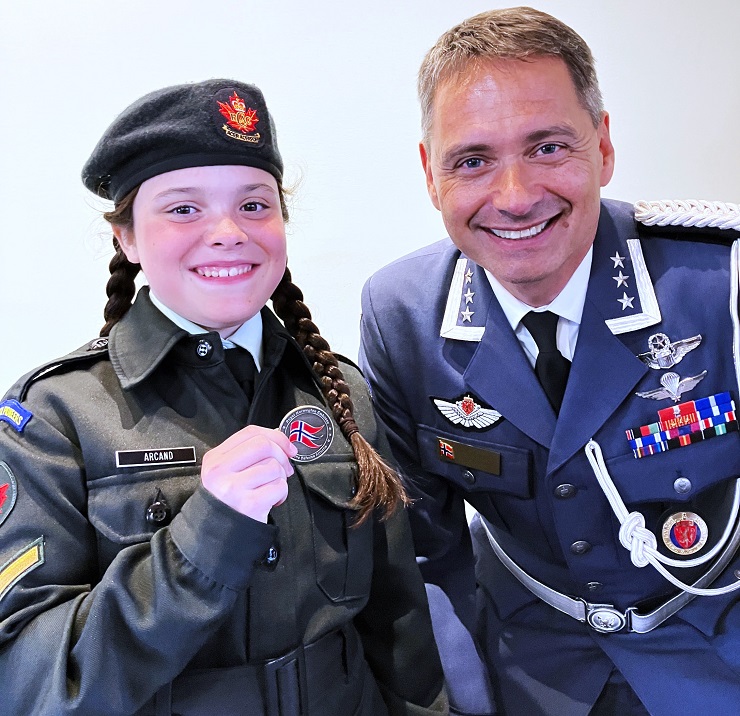
Ladies and gentlemen, with the world in turmoil Norway and Canada are seeking to further strengthen our bilateral relationship – politically, economically and militarily.
Our countries have much in common.
We are both long-term NATO allies. We threaten no one, but we both have legitimate security interests that we are committed to protecting.
We believe in democracy and the rule of law – not only in our own countries, but also as a recipe for success in all countries around the globe.
We are both strong believers in multilateral cooperation as the best approach to finding solutions to global challenges.
We are also both Arctic nations, with a shared interest in asserting sovereignty in our respective northern areas.
And we are both faced with security-related consequences of climate change in the Arctic, an issue our countries are taking seriously.
From the Embassy, we are working to further strengthen relations between Norway and Canada in many areas. And I can safely say that the ambitions are mutual. Our governments recently signed an agreement on closer military cooperation. And last year our respective Coast Guards signed a Letter of Intent with a similar objective.
Thank you all for coming out for this memorial ceremony. It will not be the last one here. Because we will never forget.”
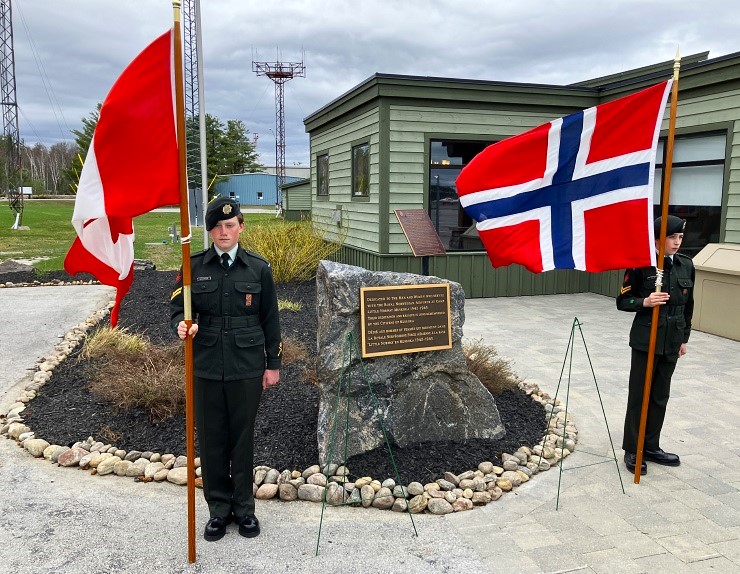
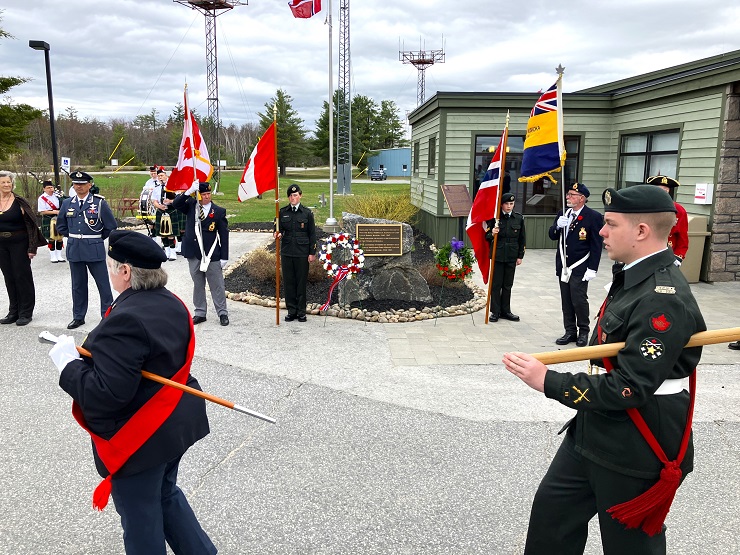
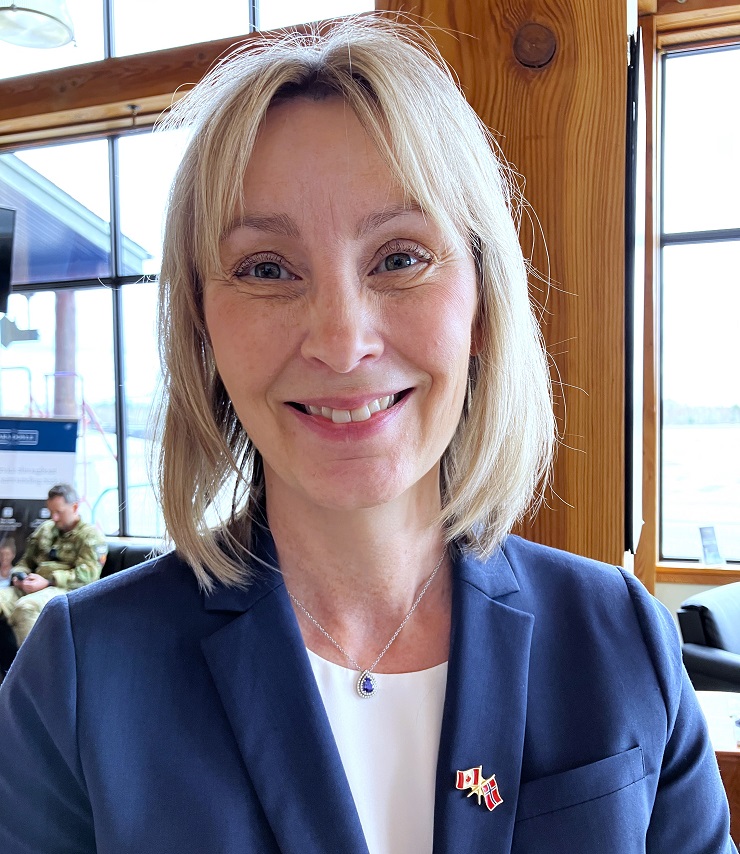
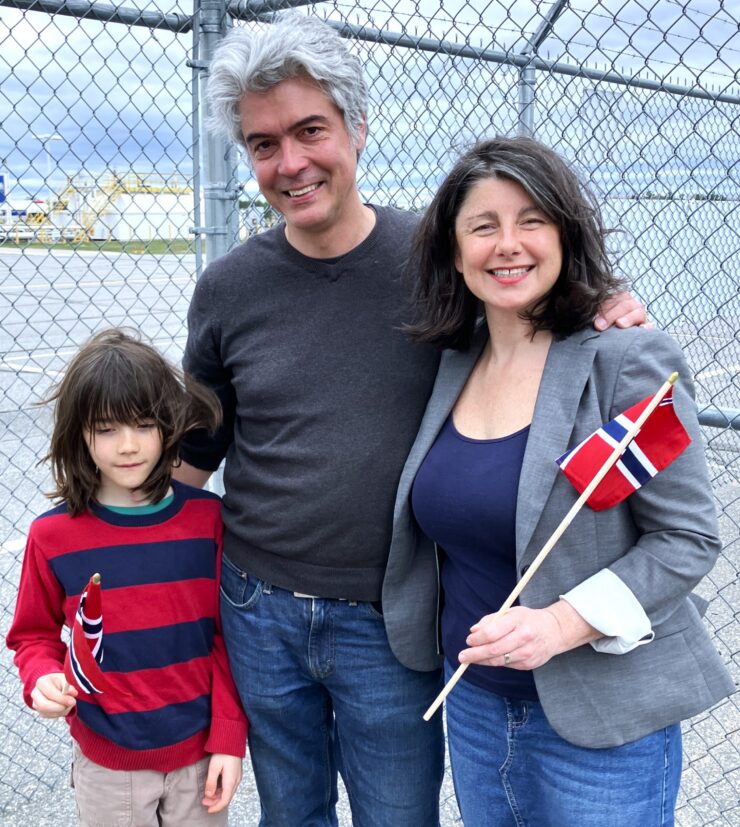
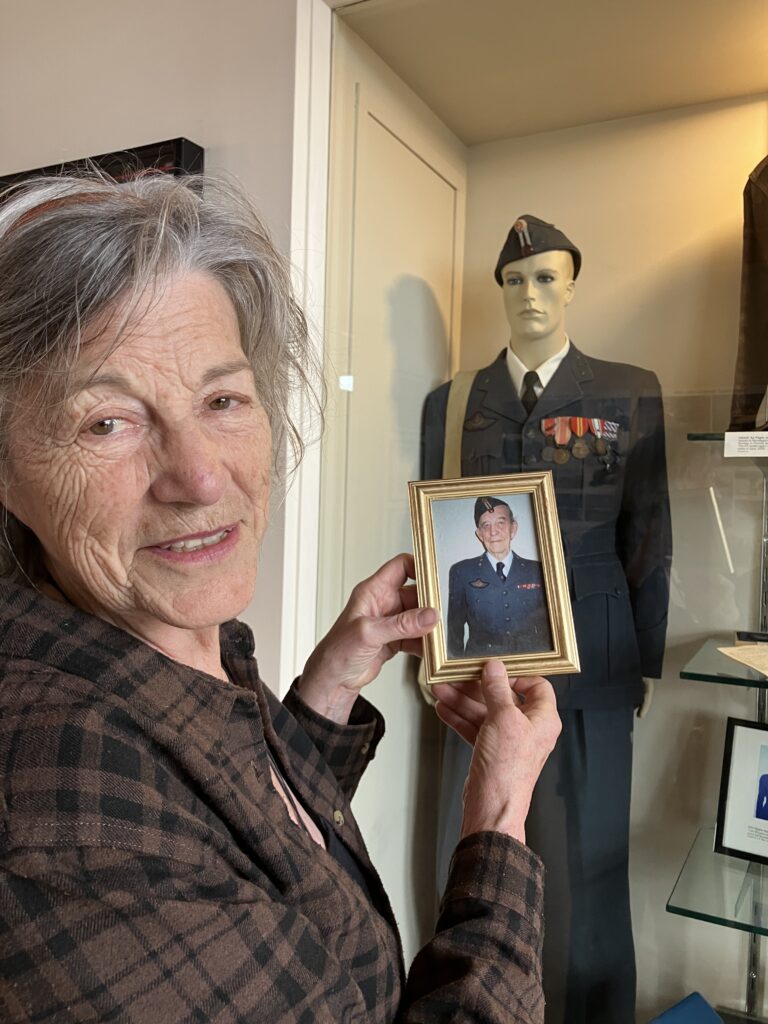
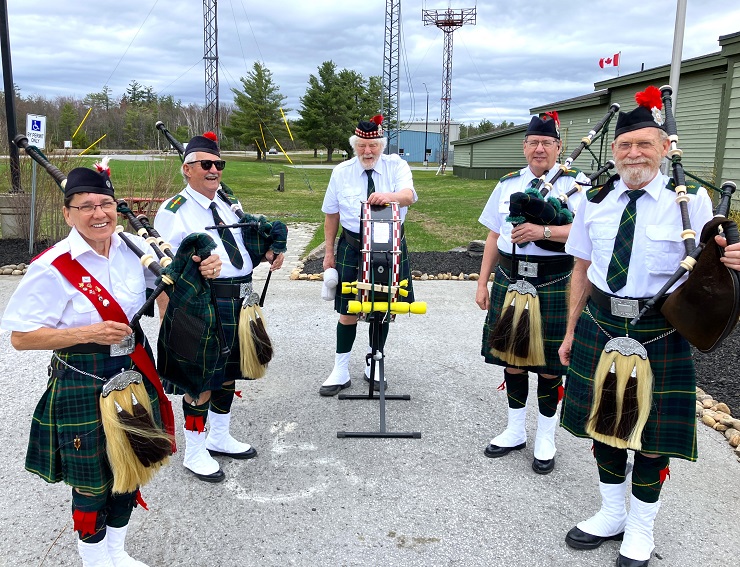
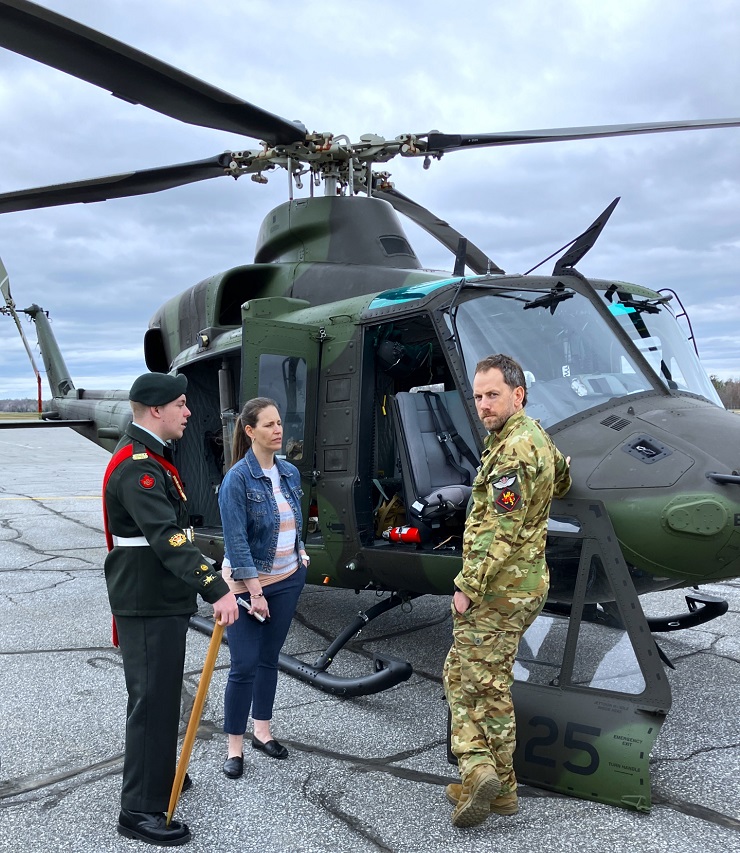
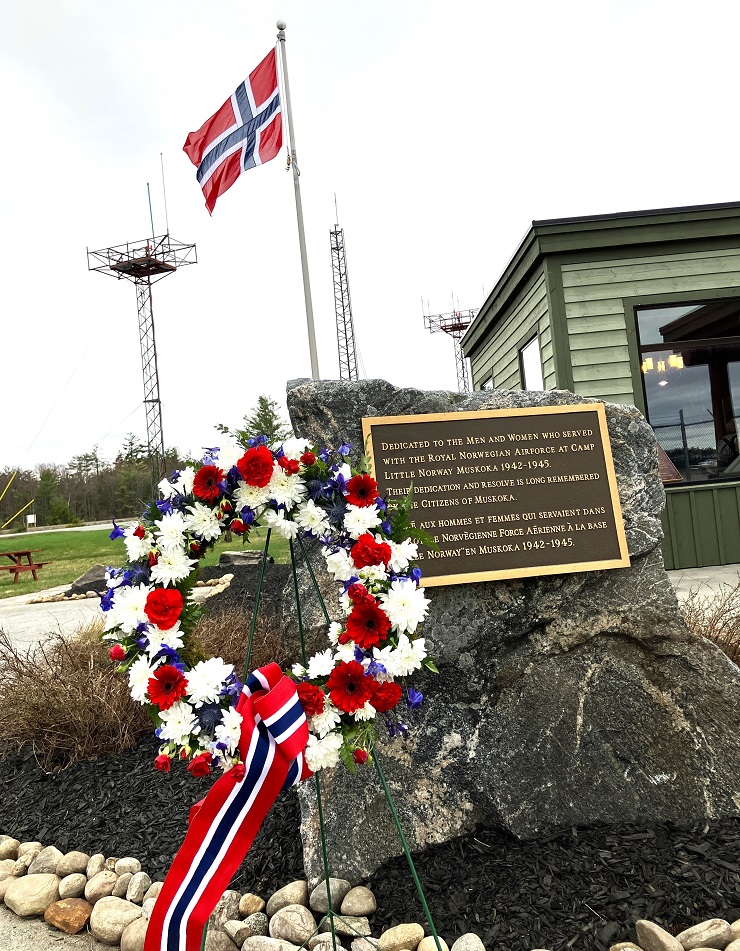

EMAIL: news@muskokatoday.com31 years of TRUSTED ‘Local Online Journalism’
SINCE MAY 20, 1994
Twitter: @muskokatoday, Facebook: mclairmont1
SUBSCRIBE for $30 by e-transferring to news@muskokatoday.com
Mail cheque to MuskokaTODAY.com Box 34 Gravenhurst, Ont. P1P 1T5
And include your email address to get stories sent to your inbox
